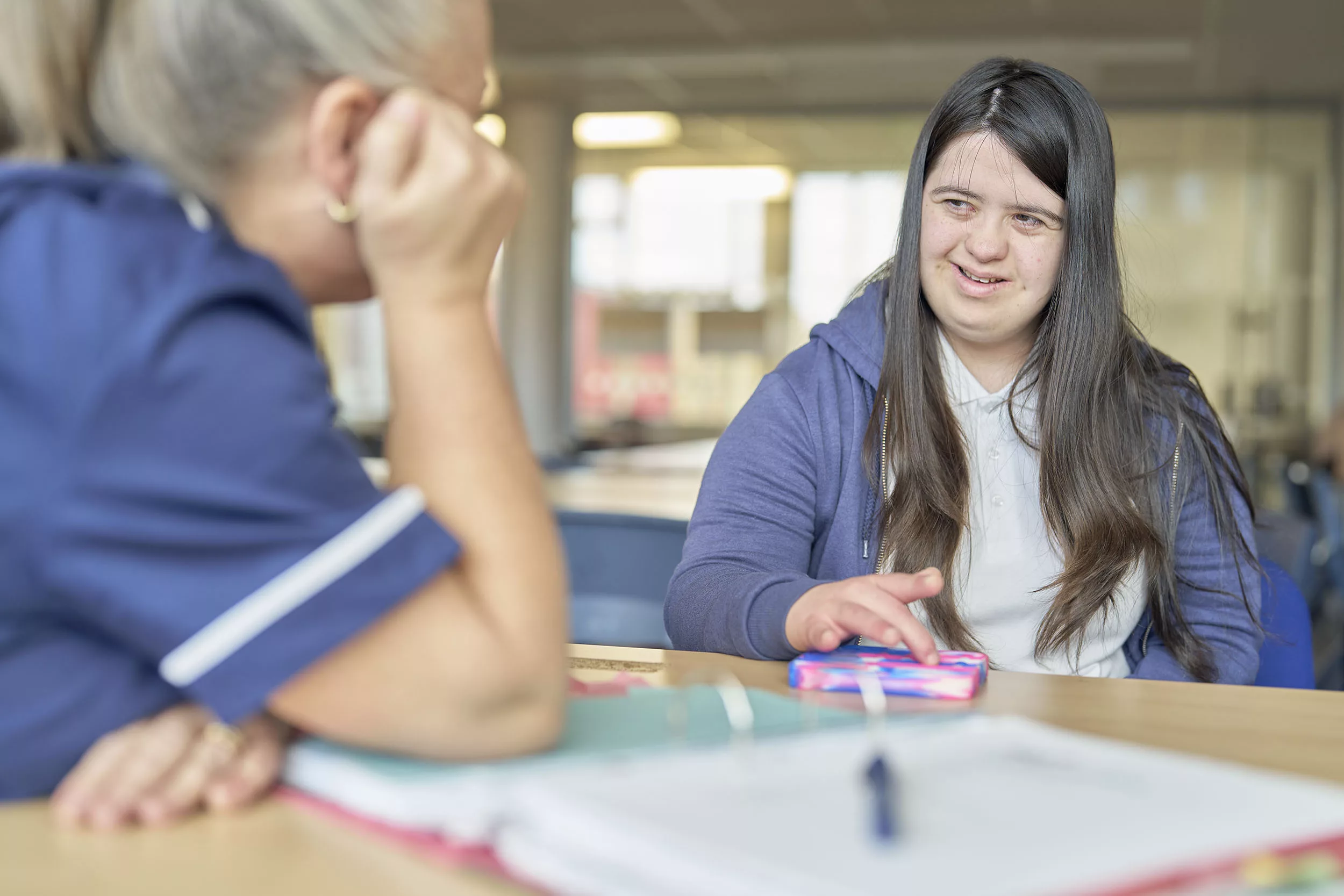
Child sexual abuse and disability: understanding vulnerabilities and the professional role
Multi-agency
Participants
6 to 25
Duration
One-day
Location
Online / in-person
Price
£850 / £980 + VAT
Many disabled children attend mainstream education settings and benefit from other many other universal services, however, they will often have other hidden needs. Some children may have Education and Health Care plans, but the majority will not, meaning that sadly, many continue to ‘slip through the net’. Due to these children’s increased vulnerabilities, they may be more likely to face higher risks of being sexually abused and exploited than other children and young people.
This one-day course is designed to equip participants with an understanding of the key issues when working with, and considering, the sexual abuse of all disabled children.
The course is grounded in a social understanding of disability and explores what this means, why it matters and how this can positively affect practice. It is designed to help participants deepen their understanding of disability and how marginalisation and discrimination can affect the prevention, identification, and response to disabled children, following concerns of child sexual abuse.
It aims to challenge assumptions and stereotypes to enable confident good practice that best protects all children.
Who is this course for
This introductory course is for professionals who work with children. This may include in mainstream and special schools, health services, police, children’s social care, residential and day care settings, services for learning and physically disabled children, fostering and adoption services, and crucially, those working also with young people with undiagnosed conditions who may have communication, literacy or other special educational needs (SEND). It is also designed and will be beneficial for those providing care and other services to these children and their families.
What you can expect to learn
Following the course, you can expect to have a better understanding of:
-
- Marginalised groups and how disability, as only one part of a child’s identity, is seen and understood.
- Critical thinking about the assumptions in use in our practice
- The research base relating to child sexual abuse and disabled young people
- The impact of child sexual abuse on disabled young people
- Voices of disabled children and their parents/carers
- How negative assumptions, social and economic barriers impact the vulnerability of disabled children.
- Good practice in parenting and care that helps towards more effective abuse prevention
- Professional and organisational roles and responsibilities
- Improving responses to disabled children through reasonable adjustments.
…Informative session delivered really well. Very eye opening to the extent and to what more we could be doing to work together to protect disabled children.
Autism Advisor, Family Support Team
